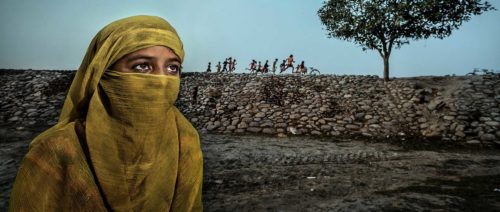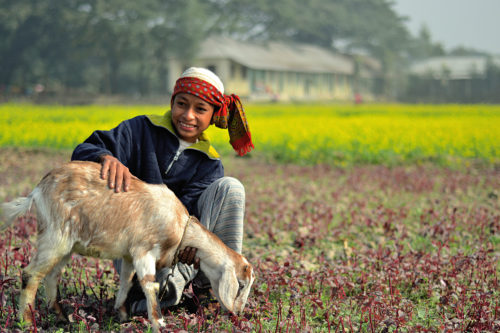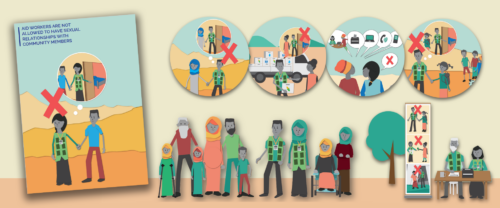Resource
Care: Workplace Culture Toolkit
This workshop guide equips PSHEA and Safeguarding, and Gender equality focal points in CARE country offices with activities to design, deliver, monitor and evaluate awareness raising and training workshops with the purpose of:
reflection and dialogue on the links between inequitable masculinities, power and Sexual Harassment
Exploitation and Abuse (SHEA) in the workplace and in CARE’s programs
contributing to changes in staff attitudes and behavior in support of gender equality, diversity and inclusion for
all, including sexual and gender minorities
building understanding and awareness to ensure that CARE’s workplaces and programmatic interventions are
free from SHEA
strengthening women’s leadership within CARE.
This toolkit has three parts:
Part one: deals with key themes related to organizational culture such as gender, patriarchy, masculinity, and PSHEA/Safeguarding.
Part two: focuses specifically on masculinity and men's role in nurturing a safe organizational culture and work environment.
Part three: focuses specifically on resources, management, and leadership.
December 1, 2021


